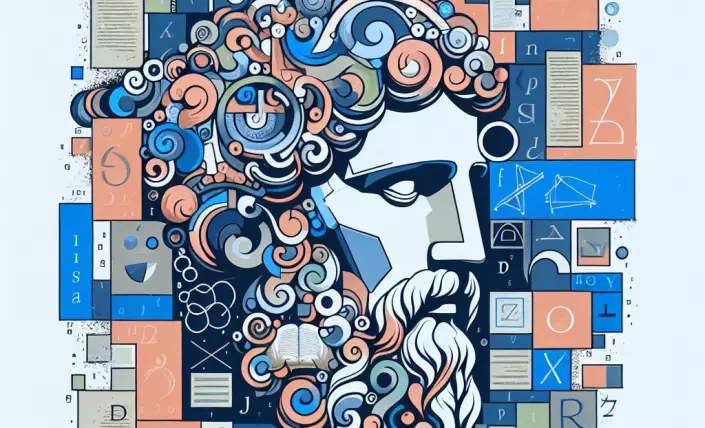In an era dominated by rapid technological advancement and a relentless pursuit of progress, it is easy to overlook the foundational elements that sustain the moral and cultural fabric of society. Russell Kirk, a prominent 20th-century philosopher, offers profound insights into this very issue through his exploration of the 'moral imagination.' This concept, though less tangible than scientific innovation, plays a pivotal role in shaping the ethical contours of our communities.
The moral imagination, as articulated by Kirk, is the ability to perceive ethical truths and the inherent dignity of human existence beyond immediate empirical evidence. It is a faculty that allows individuals to transcend the confines of personal experience and engage with the broader tapestry of human history and culture. In a world increasingly driven by data and quantifiable results, the cultivation of this imaginative faculty becomes both a challenge and a necessity.
At its core, the moral imagination is about envisioning the world not just as it is, but as it ought to be. It compels us to consider the implications of our actions on future generations and the enduring principles that should guide human conduct. This imaginative capacity is not merely an abstract philosophical ideal; it is a practical tool for fostering empathy, understanding, and ethical decision-making.
Consider the impact of the moral imagination in the realm of education. In contemporary curricula, there is a tendency to prioritize STEM subjects, often at the expense of the humanities. While the importance of scientific and technical knowledge cannot be understated, Kirk would argue that an education devoid of literature, history, and philosophy is incomplete. These disciplines nourish the moral imagination, providing students with a rich tapestry of narratives and ethical dilemmas that provoke critical reflection and moral reasoning.
Moreover, the moral imagination serves as a bulwark against the erosion of cultural heritage. In a globalized world, there is a real danger of cultural homogenization, where unique traditions and values are subsumed by a monolithic worldview. Kirk's philosophy urges us to resist this trend by fostering a deep appreciation for the diversity of cultural expressions and the moral insights they offer. By engaging with the stories, myths, and traditions of different societies, we enrich our own moral perspectives and cultivate a more inclusive worldview.
Kirk's insights also resonate in the realm of politics. In an age of polarized discourse, the ability to imagine the experiences and viewpoints of others is crucial for constructive dialogue and compromise. The moral imagination enables us to see beyond partisan divides, recognizing the shared humanity that underlies diverse political ideologies. It encourages us to approach political challenges with humility and an openness to alternative perspectives, thereby fostering a more collaborative and harmonious society.
In conclusion, the moral imagination, as championed by Russell Kirk, is an indispensable asset in navigating the complexities of modern life. It empowers individuals to engage with the world in a profoundly ethical manner, transcending the limitations of immediate self-interest and empirical reasoning. By nurturing this imaginative faculty, we not only enrich our personal lives but also contribute to the creation of a more just and compassionate society. As we move forward in an ever-changing world, let us heed Kirk's call to cultivate the moral imagination, ensuring that it remains a guiding light in our collective journey.










